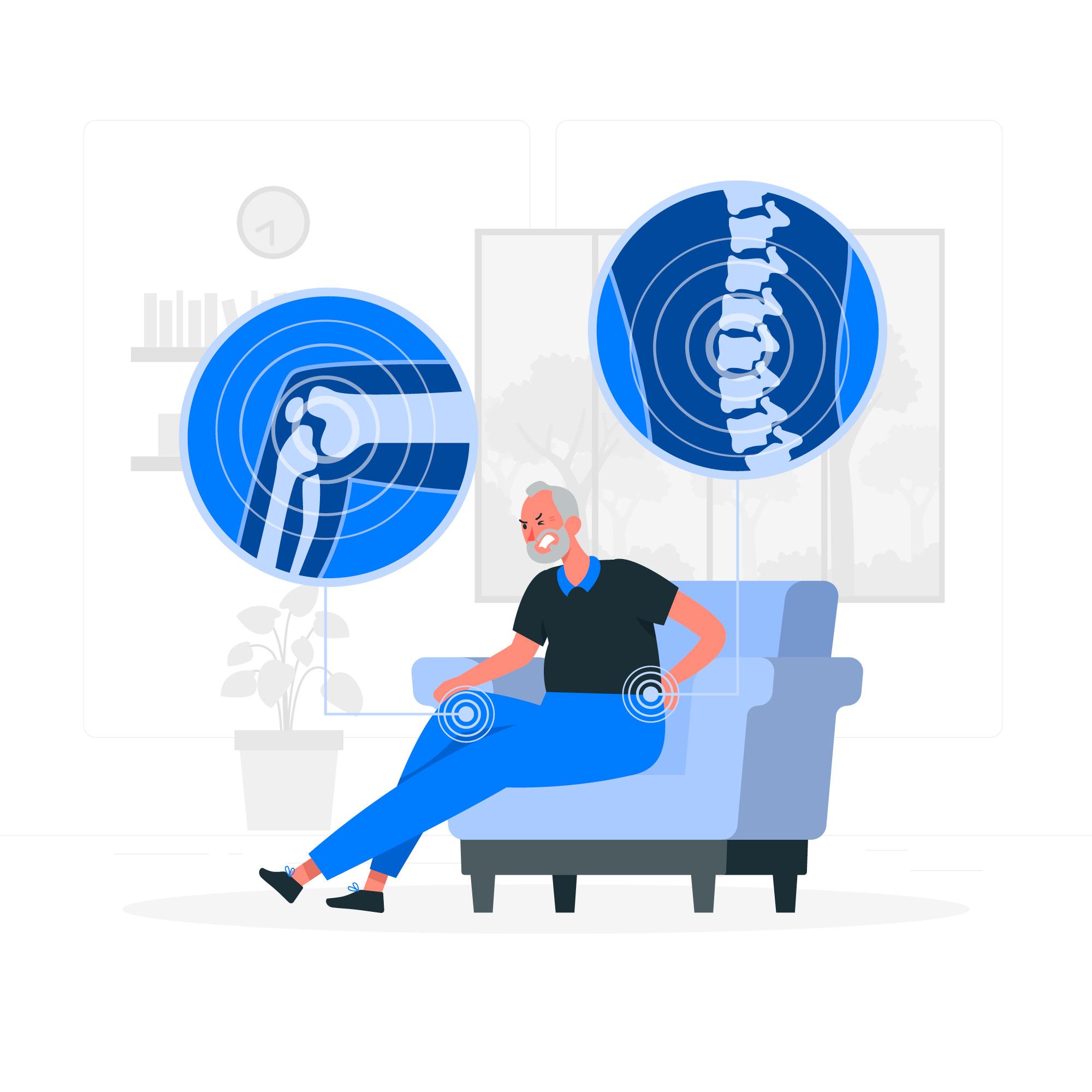
Hormonal Impact on Osteogenesis Imperfecta Rehabilitation
The Role of Hormones in Rehabilitation for Osteogenesis Imperfecta (OI)
Rehabilitation and physical therapy are critical in managing Osteogenesis Imperfecta (OI), a condition marked by fragile bones and frequent fractures. While genetics play a significant role, hormones also affect rehabilitation outcomes. This article explores how hormones impact recovery strategies and physical therapy for OI.
Hormones and Bone Health
Hormones like vitamin D, calcium, and growth hormones are essential for maintaining strong bones. When imbalanced, these hormones can decrease bone density, leading to frequent fractures. Addressing these imbalances is vital for effective rehabilitation.
Customized Physical Therapy Programs
Physical therapists create personalized exercise plans for individuals with OI. These programs focus on improving muscle strength, flexibility, and balance. Exercises are carefully tailored to reduce stress on bones and prevent fractures.
Impact of Hormonal Imbalances on Therapy
Low vitamin D or calcium levels slow bone healing. Similarly, growth hormone deficiencies can impair muscle and bone development. Regular monitoring of these hormones ensures better outcomes in physical therapy sessions.
Use of Assistive Devices
Assistive devices like braces, splints, and mobility aids offer additional support. They minimize stress on fragile bones during exercises and help individuals maintain independence.
Safety Precautions in Rehabilitation
Safety is crucial during physical therapy for OI. Patients are taught proper body mechanics and fall prevention techniques. This minimizes the risk of fractures during activities.
Importance of Monitoring Hormone Levels
Regular monitoring of bone density and hormone levels allows adjustments to therapy plans. Early identification of deficiencies ensures effective treatment and rehabilitation progress.
Conclusion
Managing Osteogenesis Imperfecta requires a comprehensive approach combining hormone management, customized therapy, assistive devices, and safety precautions. By addressing hormonal imbalances, individuals with OI can achieve better mobility, strength, and quality of life.
To seek medical advice, always consult a Doctor. Here are our recommended experts. Click Here
To read more on Brittle Bone Disease Or Osteogenesis Imperfecta. Click Here


